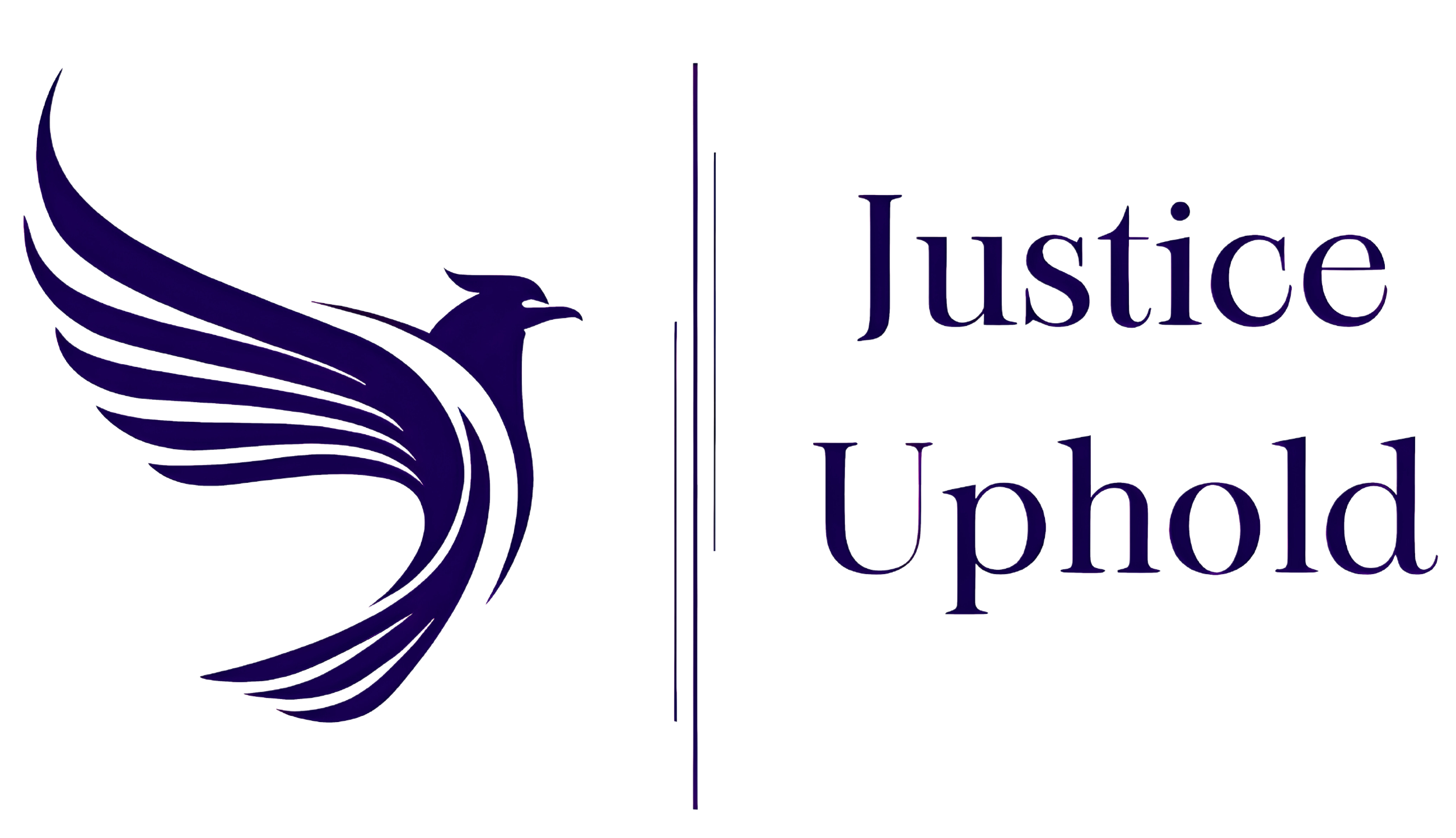April 2025 Law and Human Rights Newsletter

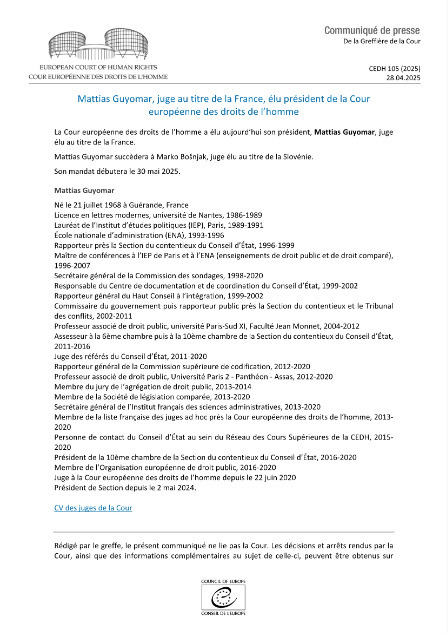
French president of the ECHR; Mattias Guyomar to take over on 30 May
The European Court of Human Rights (ECHR) elected French judge Mattias Guyomar as the new president in an election held today. Guyomar, who took office in 2020 as an ECHR judge, will take over the presidency from Slovenian Marko Bosnjak on 30 May.
The new president of the ECtHR has been announced. On 30 May, the current president Marko Bosnjak, who will leave the ECHR after his 9-year term of office expires, will be replaced by French judge Mattias Guyomar. Guyomar, who was elected to the ECHR as a French judge in June 2020, has approximately 4 more years to serve. Guyomar had been serving as President of the 5th Chamber of the ECHR since 2 May 2024. Guyomar will be the 3rd French President in the history of the ECtHR. René Cassin was President of the Strasbourg court between 1965 and 1968 and Jena-Paul Costa between 2007 and 2011.
Born on 21 July 1968 in Guérande, France, Mattias Guyomar studied modern literature at the University of Nantes, graduated from the Paris Institute of Political Sciences (Sciences Po) and then from the prestigious French school of public administration ENA.
In 1996, Mr Guyomar began his career at the Council of State, where he held various positions over the years, including rapporteur and head of department. He also worked as a professor of public law at the universities of Paris-Sud and Paris 2 Panthéon-Assas. Guyomar, who also served as an ad hoc judge on behalf of France at the European Court of Human Rights (ECHR) between 2013-2020, has been a permanent judge at the ECHR since 22 June 2020.
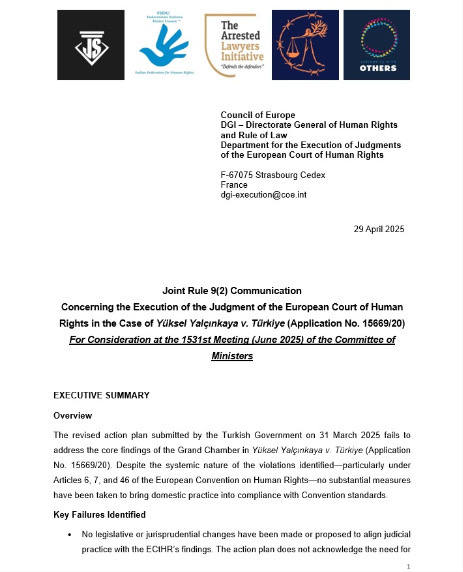
Joint statement by 5 European human rights organisations on the Yalçınkaya v Turkey verdict;
Five international human rights organisations have notified the Committee of Ministers of the Council of Europe against the new action plan submitted by the government on 31.3.2025 regarding the Yalçınkaya v. Turkey judgement. They declared that they will follow the process of implementation of the judgement.
Five European human rights organisations have reported to the Committee of Ministers of the Council of Europe, with concrete examples, that the government’s lie that “the Turkish courts are implementing the Yalçınkaya verdict” has not even been applied to Yüksel Yalçınkaya and that they are acting as if the verdict does not exist.
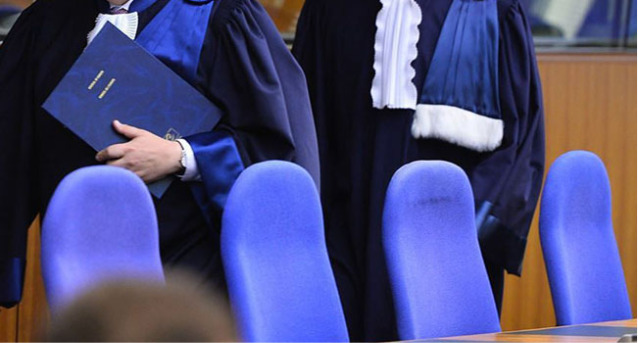
Important Development in the “Yasak v. Turkey” Case
Important Development in the “Yasak v. Turkey” Case: Referred to the Grand Chamber of the ECtHR
On 7 May 2025, there was an important development regarding the “Yasak v. Turkey” case to be heard at the Grand Chamber of the ECtHR. Şaban Yasak claims that Articles 3, 6 and 7 of the European Convention on Human Rights (ECHR) were violated following his conviction for membership in the Hizmet Movement. The first ECtHR judgement found no violation, but the case was referred to the Grand Chamber.
Professor Ben Saul, the United Nations Special Rapporteur on counter-terrorism and human rights, provided a third-party opinion in the case. This is a first for the case against Turkey. Ben Saul criticised the lack of a fair trial and the reliability of the evidence, stating that the ECtHR had been too lenient towards Turkey. The rapporteur questions the balance between fair trials and human rights in Turkey’s fight against terrorism.
Link: Amicus Brief – UN Special Rapporteur Ben Saul
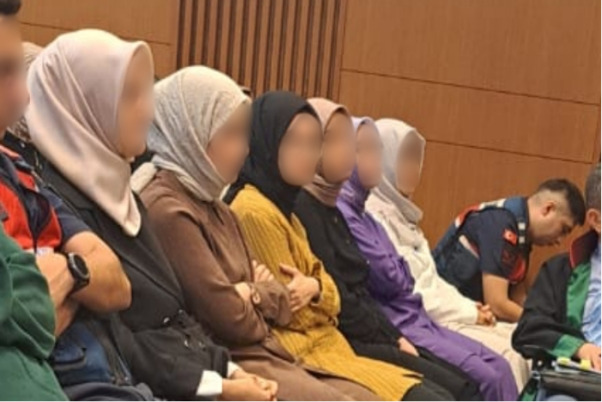
The Girl Child Case;
The interim verdict was announced in the Girl Child Case, which has become one of the symbolic cases of social genocide in Turkey.
The “Daughters Case” on the agenda in Turkey involves a trial process that started in 2024 and continued in 2025, in which 41 people were put on trial. The case was opened against 41 people, including 15 high school students, on charges of “membership of a terrorist organisation”. However, the evidence presented during the trial and the content of the proceedings caused great public debate
The prosecutor’s main allegation is based on the fact that 12 young university students voluntarily gave English lessons and religious lessons in 4 different houses in Istanbul and that parents sent their children to these activities. The prosecutor linked praying together, reading the Quran, social activities with terrorism. The judge tried to link the women’s gold day, celebrating birthdays and children’s studying with membership of an armed terrorist organisation .
Trial Process and Accusations
The case is pending before the Istanbul 24th High Criminal Court. The prosecution accuses the defendants of ordinary social activities such as studying together, going to the cinema, spending time in shopping centres. For example, actions such as “meeting at Marmara Park Shopping Centre” and “ordering from Yemek Sepeti” are mentioned in the indictment as acts of terrorism.
One of the most prominent defendants is 19-year-old university student Ayşe Züleyha. Ayşe Züleyha was released after a period of detention. Considering the age and educational background of the defendants, the trials were criticised by the public as “criminalising social activities”.
International Reactions and Observations
International human rights organisations and observers are also closely monitoring the trial. Rebecca Cataldi, Senior Programme Director at the International Centre for Religion and Diplomacy (ICRD), described the proceedings to the US Congress and noted that the presiding judge did not ask the defendants any questions about terrorism, but instead asked questions about their personal lives.
Furthermore, the French lawyer Anaïs Lefort stated that the content of the case was “a case targeting the existence of a peaceful religious movement”
Latest Developments
The last hearing was held on 25 April 2025. The prosecutor requested the continuation of the pre-trial detention of the arrested defendants, but the court released all defendants. Thus, there is no one left in pre-trial detention in the case
The next hearing will be held on 13 June 2025. The developments regarding the course of the case are closely followed by the public.
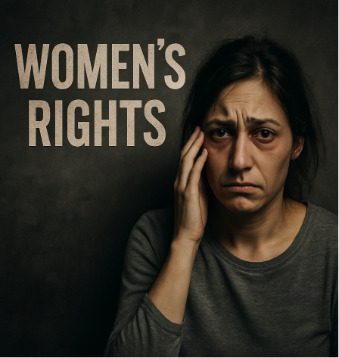
Women’s Rights Scorecard: Going backwards after 30 years
Women’s rights Backtracking after 30 years
UN Women, in its report published on the 30th anniversary of the adoption of the Beijing Declaration, reported that there has been a serious regression in women’s rights. It was emphasised that violence and discrimination against women increased and that no progress was made in the economic and political representation of women.
Women’s rights are under attack 30 years after leaders adopted a blueprint for equality, the UN said;
Thirty years after world leaders adopted a historic plan to achieve gender equality, a new United Nations report says the rights of women and girls are under attack and gender discrimination remains deeply embedded in economies and societies.
The report, released on Thursday by the UN agency focussing on women’s rights and gender equality, found that nearly a quarter of governments worldwide reported a backlash against women’s rights last year.
Sarah Hendriks, UN Women’s policy and programme director, told a news conference that the number of countries reporting a reaction was likely underreported and reflected an “increasingly hostile environment”.
It is not a new phenomenon,” he said. “What is new is that it is gaining more speed, scale and momentum”, especially in very patriarchal and traditional countries where men play a dominant role.
The 35 countries reacting on gender equality came from around the world and include Spain, Germany, Canada, the Netherlands, the Philippines, Brazil, Peru, Lebanon, Jordan, Tunisia, Australia, Mongolia, South Africa, Mali and Zimbabwe.
“Despite some progress, including girls’ education and access to family planning, UN Women said a boy or girl is killed by a partner or family member every 10 minutes and cases of conflict-related sexual violence have increased by 50 per cent since 2022.” The report, released ahead of International Women’s Day on Saturday, also noted that only 87 countries are led by a woman.
“Globally, women’s human rights are under attack,” UN Secretary-General Antonio Guterres said in a statement: “Instead of mainstreaming equal rights, we are seeing the mainstreaming of misogyny.”
She said the world must stand firm on “making human rights, equality and empowerment a reality for all women and girls, for everyone, everywhere”.
The 189 countries participating in the 1995 Beijing women’s conference adopted a landmark declaration and 150-page platform for action to achieve gender equality, calling for bold action in 12 areas, including combating poverty and gender-based violence and putting women at the highest levels at the business, government and peace tables.
The UN agency said that since 2022, cases of conflict-related sexual violence have increased by 50 per cent and women and girls are victims of 95 per cent of these crimes.
UN Women Executive Director Sima Bahous said that based on the report’s findings, the agency has adopted a roadmap to bring the world closer to the UN goal of achieving gender equality by 2030.
